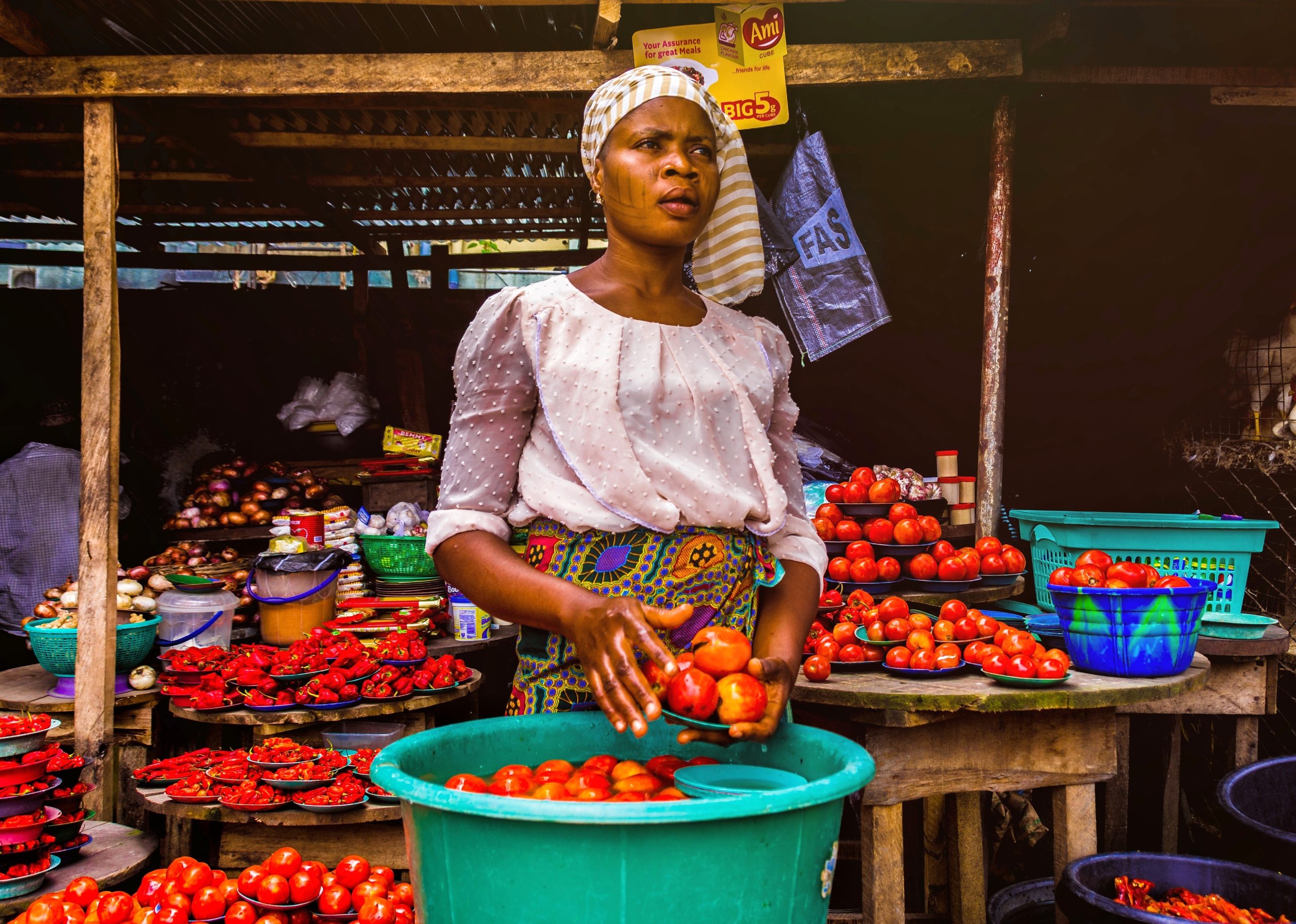Sahel Semi-Covered Landfill Vertical Farm with Wind Turbine and Solar Panels
Project Description:
The Sahel region, located in Africa, is experiencing a significant land degradation and desertification due to climate change, human activities, and overgrazing. The region also suffers from food insecurity and poverty. The proposed project aims to address these challenges by building a semi-covered landfill that will function as a vertical farm, using renewable energy sources to grow food and combat pollution.
Project Goals:
The main objectives of this project are to:
Combat desertification and land degradation by constructing 800 semi-covered [landfill-cavities] that will reduce soil erosion, runoff, and water evaporation.
Address food insecurity and poverty by building a vertical farm that will produce fresh and healthy food, creating jobs and empowering local communities.
Reduce pollution and improve air quality by installing a vertical wind turbine that will suck in pollution, moisture, and dust.
Promote renewable energy by covering the surface of the landfill with solar panels, generating clean and sustainable electricity.
Project Design:
The semi-covered landfill will have dimensions of L 130m x W 400m x H 95m, providing a large surface area for the vertical farm. The structure will be built on-site, using local materials and labor, and designed to withstand harsh weather conditions.
The vertical farm will use hydroponic and aeroponic systems to grow crops, which will be arranged in vertical layers. The systems will use a combination of natural and artificial lighting, as well as temperature and humidity controls, to optimize plant growth and yield. The crops will include vegetables, fruits, and herbs, providing a diverse and nutritious diet for the local population.
The vertical wind turbine will be installed at the top of the landfill, using the prevailing winds to suck in pollution, moisture, and dust. The turbine will be designed to be efficient, silent, and low-maintenance, using modern materials and technologies.
The surface of the landfill will be covered with solar panels, which will generate electricity for the vertical farm and the local community. The solar panels will be designed to be durable, efficient, and easy to install and maintain.
The biomass produced from the vertical farm will be converted into food using various systems, such as anaerobic digestion, composting, and vermicomposting. The food waste will be recycled back into the vertical farm, completing the circular economy loop.
Project Impact:
The proposed project will have a significant impact on the Sahel region, addressing the challenges of desertification, food insecurity, poverty, and pollution. The project will create jobs, empower local communities, and promote sustainable development. The project will also serve as a model for other regions facing similar challenges, demonstrating the potential of renewable energy and vertical farming to create a sustainable and resilient future.
The project will also feature residential facilities for the staff and have a 24/7/365 staffing to keep the facilities running even if the staff need to take vacations for a few days using machine learning and many types of system automation to control critical operations.
Nigeria is one of the largest food importers in Africa, with an average of $3.2 billion worth of food imports per year between 2015 and 2017.
A dent in food imports of 28% could have a significant impact on Nigeria’s economy and environment. If Nigeria were to reduce its food imports by 28%, it would save approximately $896 million per year. This would reduce the country’s dependence on foreign currencies and help to strengthen its economy.
Furthermore, reducing food imports would also reduce Nigeria’s carbon footprint and the environmental impact associated with the transportation of goods. By using renewable energy sources to produce more of its food domestically, Nigeria could reduce its greenhouse gas emissions and promote sustainable development.
Overall, reducing food imports and increasing the use of renewable energy in agriculture could provide multiple benefits to Nigeria, including improved food security, stronger economic growth, and a more sustainable environment.
Building 8000 facilities like this would be a powerful step, as would building a similar system in every nation around the world.
Next steps are to turn the ideas into designs and then build the models to begin implementing them in the style of sunken gardens.

